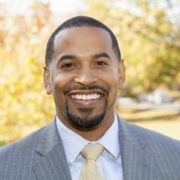Reducing Racially-Motivated Calls to Police
Problem:
False phone calls against people of color have been somewhat commonplace for years, but the prevalence of social media today has contributed to increasing awareness of the underlying racism that allows for many of these instances to go unaddressed by the law. Most recently, a specific case that has now inspired the public and lawmakers to address the issue was a white woman calling the police on a black man in Central Park – the caller, who was identified over social media within hours, was charged with a misdemeanor for filing a false report to the police, although the charge was ultimately dismissed. While the caller in this case publicly apologized, no definitive legislative action was taken to ensure that a similar event would not occur again. While social media has led to the identification of such callers and a trial in the court of public opinion, at the very least, little if any action is taken legally, indicating that the systemic and structural changes necessary to address the far-reaching impacts of racist behaviors are still lacking, and that institutional changes are needed.
Solution:
AB-157 was introduced in response to the surge of false and discriminatory phone calls made on people of color, particularly African Americans.This bill will allow victims to sue the callers in civil court and collect damages. The bill was passed by the Nevada legislature and signed into law by Governor Sisolak as of May 2021, after being amended to include more specific language on what qualified as false calls. Discriminatory false callers that violated the bill would incur a $1,000 fine, as well as any other damages awarded by a jury.










